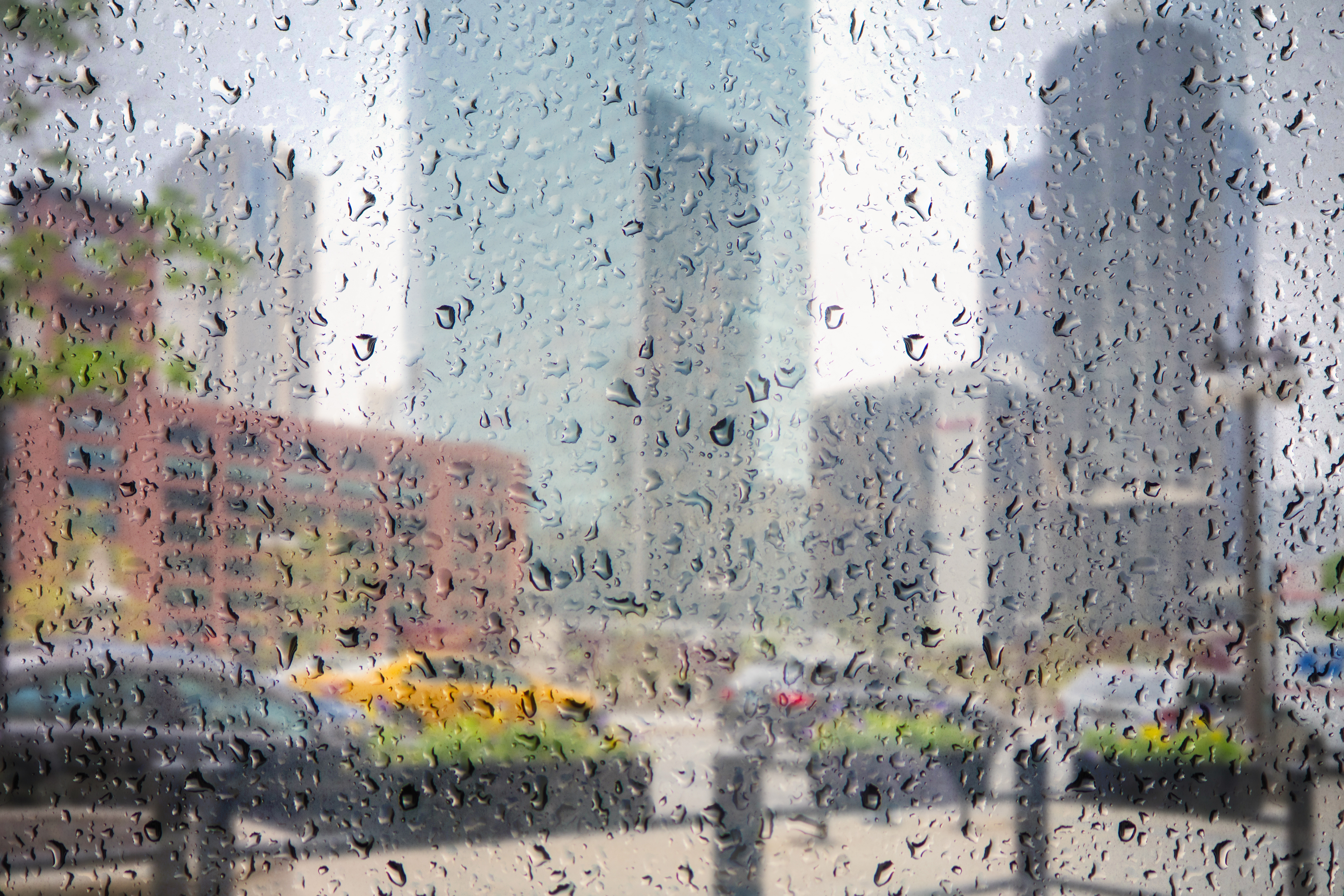While officials say that air quality conditions at ground level are still safe amid an ongoing fire at a chemical plant in Rockton, there is some concern that overnight weather conditions could force additional mitigation measures, including “shelter-in-place” directives.
As of Monday evening, residents within one mile of the Chemtool lubricant manufacturing facility have been ordered to evacuate their homes due to concerns over airborne particulates and other chemicals that have been flung skyward by the blaze.
According to John Kim, director of the Illinois Environmental Protection Agency, additional measures may become necessary as the air cools on Monday evening due to a weather phenomenon known as “temperature inversion.”
Feeling out of the loop? We'll catch you up on the Chicago news you need to know. Sign up for the weekly Chicago Catch-Up newsletter here.
“When you have cooler temperatures at night, that’s going to bring some of that (airborne smoke) down through what we call a temperature inversion,” he said. “You may have a situation where at night time, depending on how cool it gets, there may need to be some additional measures put into place, like for example, possibly a shelter-in-place (order), that kind of thing.”
So-called “temperature inversions” occur when warmer air acts as a “cap” and traps cooler air beneath it, causing airborne particulates, such as those found in a massive fire, to be trapped near the Earth’s surface.
The fire has been putting smoke into the air throughout the morning and afternoon, but air quality at the surface has remained clean so far, according to officials. There is some concern that the inversion could push smoke closer to the ground, potentially impacting air quality.
Local
There is a possibility that wind could help to dissipate at least some of the smoke, but measurements are still being taken, according to officials.
“Both wind direction and wind speed are going to give us an idea of (whether) that plume is going to travel, how far it’s going to go, and how much it’s going to dissipate,” he said.
Residents who live within three miles of the plant have already been asked to wear masks to help protect themselves from airborne particulates.
Kim says that the Illinois EPA, in conjunction with state and federal officials, is installing a series of air quality monitors around the area to keep an eye on air quality levels.
Firefighters have also curtailed their use of water in fighting the blaze, with officials raising concerns about the potential for chemical run-off to impact the nearby Rock River.
As a result, the fire could continue to burn for several days, according to officials.



